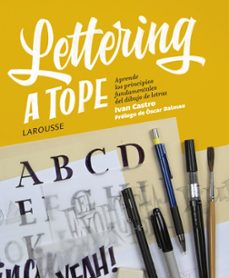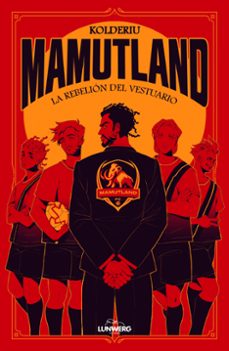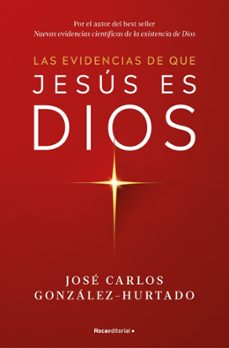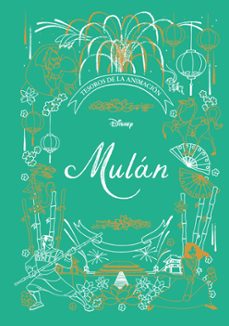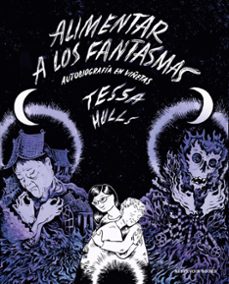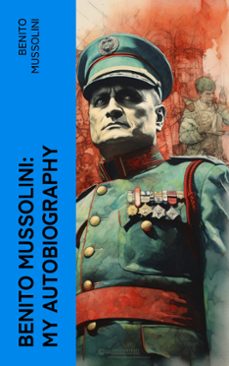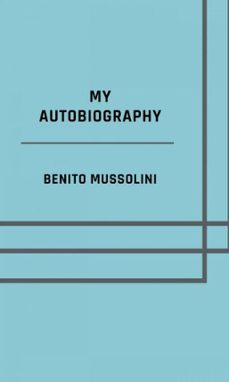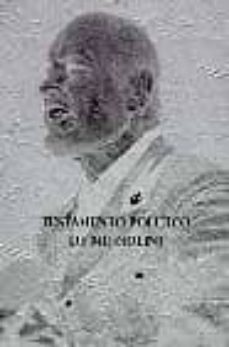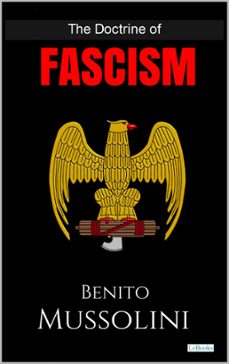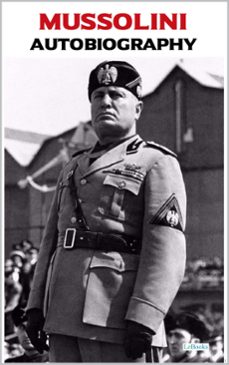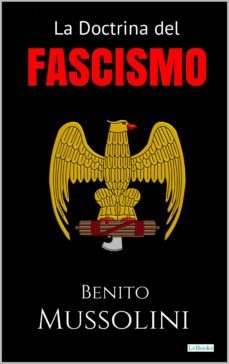Imprescindibles
Más vendidos Libros más leídos eBooks más leídos Todos los libros Todos los libros Autores destacados Series y sagas
Recomendados Libros recomendados Autores destacados Libros que inspiran Vidas con historia LGTBIQ+ English books
Ficción
Literatura Contemporánea Estudios literarios Clásicos Cuentos Poesía Teatro Libros de bolsillo Sagas literarias
Géneros literarios Novela romántica y erótica Novela negra Novela histórica Narrativa fantástica Novela de ciencia ficción Novela de terror Narrativa de humor Narrativa de viajes
No Ficción
Ciencias y tecnología Biología Ciencias Ciencias naturales Divulgación científica Informática Ingeniería Matemáticas Medicina Salud y dietas Formación Idiomas Estilo de vida Libros de Cocina Guías de viaje Narrativa de viajes Deportes Libros de Juegos Manualidades
Humanidades Autoayuda y espiritualidad Ciencias humanas Derecho Economía y Empresa Psicología y Pedagogía Filosofía Sociología Filología Biblioteconomía Estudios filológicos Estudios lingüísticos Estudios literarios Historia y crítica de la Literatura
Infantil
Juvenil
#Jóvenes lectores Narrativa juvenil Clásicos adaptados Libros Wattpad Libros Booktok Libros de influencers Libros de Youtubers Libros Spicy Juveniles Libros LGTBIQ+ Temas sociales Libros ciencia ficción Libros de acción y aventura Cómic y Manga Juvenil Cómic Juvenil Manga Shonen Manga Shojo Autores destacados Jennifer L. Armentrout Eloy Moreno Nerea Llanes Hannah Nicole Maehrer
Libros de fantasía Cozy Fantasy Dark academia Hadas y Fae Romantasy Royal Fantasy Urban Fantasy Vampiros y hombres lobo Otros Misterio y terror Cozy mistery Policiaca Spooky Terror Thriller y suspense Otros
Libros románticos y de amor Dark Romance Clean Romance Cowboy Romance Mafia y amor Romance dramatico Romcom Sport Romance Otros Clichés Enemies to Lovers Friends to Lovers Hermanastros Slow Burn Fake Dating Triángulo amoroso
Cómic y Manga
Novela gráfica Novela gráfica americana Novela gráfica europea Novela gráfica de otros países Personajes, series y sagas Series y sagas Star Wars Superhéroes Cómics DC Cómics Marvel Cómics otros superhéroes Cómics Valiant
Audiolibros
eBooks
Literatura Contemporánea Narrativa fantástica Novela de ciencia ficción Novela de terror Novela histórica Novela negra Novela romántica y erótica Juvenil Más de 13 años Más de 15 años Infantil eBooks infantiles
Humanidades Autoayuda y espiritualidad Ciencias humanas Economía y Empresa Psicología y Pedagogía Filosofía Historia Historia de España Historia Universal Arte Cine Música Historia del arte
Ciencia y tecnología Ciencias naturales Divulgación científica Medicina Salud y dietas Filología Estudios lingüísticos Estudios literarios Historia y crítica de la Literatura Estilo de vida Cocina Guías de viaje Ocio y deportes
BENITO MUSSOLINI
Recibe novedades de BENITO MUSSOLINI directamente en tu email
Filtros
Del 1 al 7 de 7
e-artnow 4066339588677
Benito Mussolinis autobiography, titled "My Autobiography," offers readers a personal and political glimpse into the life of the Italian dictator and leader of the National Fascist Party. This autobiographical work provides insight into Mussolinis early experiences, political evolution, and his vision for Italy. Mussolini delves into his early experiences as a socialist activist and journalist, exploring his evolving political beliefs and the development of his nationalist and authoritarian ideals. The autobiography provides a detailed account of Mussolinis role in the founding and rise of the National Fascist Party, as well as his ascent to power in Italy. Throughout the book, Mussolini reflects on his leadership style, his foreign policy decisions, and his vision for Italy as a dominant and powerful nation. He discusses key moments in his political career, such as the March on Rome in 1922, which led to his appointment as Prime Minister, and his consolidation of power as the Duce (leader) of Italy.
Ver más
eBook
epubli 9783818712563
IT is far from my purpose to elaborate the material in this book, to interpret it, or to add to it.With much of the drama it contains I, being Ambassador of the United States at the time, was intimately familiar; much of the extraordinary personality disclosed here was an open book to me long ago because I knew well the man who now, at last, has written characteristically, directly and simply of that self for which I have a deep affection.For his autobiography I am responsible. Lives of Mussolini written by others have interests of sorts."But nothing can take the place of a book which you will write yourself," I said to him."Write myself?" He leaned across his desk and repeated my phrase in amazement.He is the busiest single individual in the world. He appeared hurt as if a friend had failed to understand.
Ver más
eBook
NUEVA REPUBLICA 2910009028890
Publicado conjuntamente por la Asociación Cultural 1 de diciembre de 1943, de Perugia (Italia) y Eds. Nueva República, el presente texto recoge el testamento político de Benito Mussolini, del que se hizo cargo un periodista italiano el 22 de abril de 1945, seis dias antes de ser asesinado.Se trata de un documento historico de singular importancia y tambien de gran actualidad: es la vision geopolitica del estadista italiano a traves del ideal revolucionario del fascismo republicano.
Ver más
Tapa blanda
Lebooks Editora 9786558943716
Benito Mussolini was an Italian politician, teacher, and journalist who wrote for left-wing newspapers. He enlisted in the army, rising to the rank of sergeant. In 1922, he organized the "March on Rome," and with the support of King Victor Emmanuel III, he took over the cabinet as the Prime Minister of Italy. In 1925, Mussolini became "Il Duce" (the supreme leader of Italy). Mussolini founded the National Fascist Party and became the most representative politician of fascist ideology. In "The Doctrine of Fascism," Mussolini synthesizes fascist doctrine and its principles while also pointing out what he considers the limitations of other ideologies such as liberalism and socialism.
Ver más
eBook
Lebooks Editora 9786558945345
The Autobiography was first published in 1928, during Mussolinis reign as the dictator of Italy. The book was written as a means of promoting Mussolinis image both within Italy and abroad, presenting his life story and political ideology from his own perspective. The autobiography provides a narrative of Mussolinis life from his humble beginnings to his rise as the leader of Italy. It covers key events such as his early involvement in socialism, his break with the socialist movement, and his role in World War I, which he credits with shaping his nationalist beliefs. The book also details his founding of the Fascist movement, the March on Rome, and the establishment of his dictatorial regime. Mussolini uses the autobiography to justify his actions and to present himself as a strong, visionary leader who saved Italy from chaos and decay. The book is filled with propaganda, aimed at reinforcing the fascist ideology and Mussolinis image as "Il Duce." It reflects his belief in authoritarianism, the importance of the state, and his disdain for democracy and liberalism.
Ver más
eBook
LEBOOKS EDITORA 9786558941897
Benito Amilcare Andrea Mussolini (1883-1945) fue un cconocido político italiano. En 1914 funda el grupo Fasci dAzione Rivoluzionaria que, en 1922, se convertiría en el conocido Partido Nacional Fascista. En ese momento, Italia se enfrentaba a una profunda crisis desde su unificacion, y la Primera Guerra Mundial. Mussolini prometio, con el fascismo, traer de vuelta el apogeo del antiguo Imperio Romano. En 1925 Mussolini se convirtio en "Duce" (El director supremo de Italia) y asumio completamente el poder. En La Doctrina del Fascismo, Mussolini sintetiza la doctrina fascista, al mismo tiempo que señala las limitaciones de otras ideologias como: la democracia, el liberalismo, el socialismo. En este libro se pueden conocer los elementos esenciales del fascismo, asi como la biografia y el pensamiento del hombre que mejor represento esta ideologia. El juicio se deja al lector.
Ver más
eBook
Del 1 al 7 de 7

